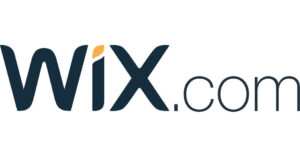- UnitedHealth Group Inc. (NYSE:UNH) experiences a dramatic decline of over 50% from its previous highs due to several internal and external challenges.
- The company’s current situation is influenced by the surprise exit of the CEO, ongoing Department of Justice investigation, and issues with Medicare Advantage plans.
- Despite these challenges, UnitedHealth’s profitability metrics remain strong, and its dividend is considered safe, with the stock trading at $317.23 and a market capitalization of approximately $287.77 billion.
UnitedHealth Group Inc. (NYSE:UNH) is a leading healthcare company in the United States, providing a wide range of health benefits and services. The company operates through two main segments: UnitedHealthcare, which offers health insurance, and Optum, which provides healthcare services. UnitedHealth competes with other major players in the healthcare industry, such as Anthem and Cigna.
On May 16, 2025, Marjorie Taylor Greene made a purchase transaction involving UnitedHealth shares, with the transaction amount ranging between $1,001 and $15,000. This transaction comes at a time when UnitedHealth is experiencing significant challenges. The stock has seen a dramatic decline of over 50% from its previous highs, reflecting the company’s current turmoil.
Several factors contribute to UnitedHealth’s current situation. The surprise exit of the CEO has unsettled investors, leading to uncertainty. Additionally, ongoing talks of a Department of Justice investigation add to the company’s challenges. UnitedHealth is also dealing with issues related to mispriced Medicare Advantage plans, which could have financial implications.
Despite these challenges, UnitedHealth’s valuation is at a historically low level. However, the company’s profitability metrics remain strong, and its dividend is considered safe. The stock is currently trading at $317.23, with a market capitalization of approximately $287.77 billion. The trading volume for the day is 17.18 million shares.
UnitedHealth’s business model, which relies on vertical integration, is under pressure due to growing public scrutiny and tighter regulations. This development could impact the company’s future performance as regulatory bodies and the public focus on the operations of large healthcare conglomerates like UnitedHealth.




